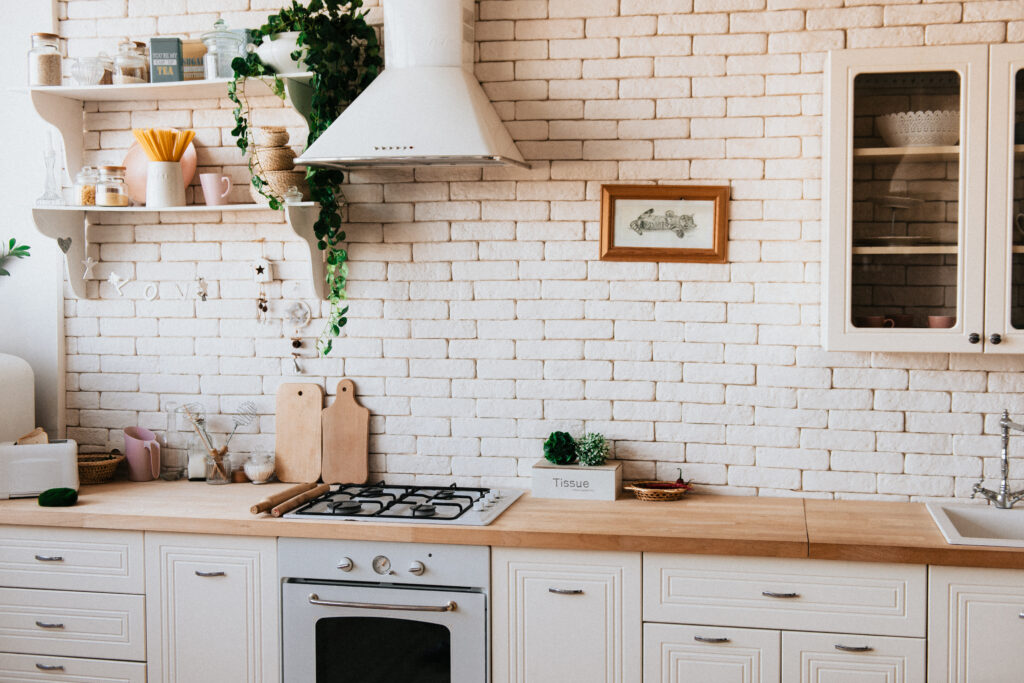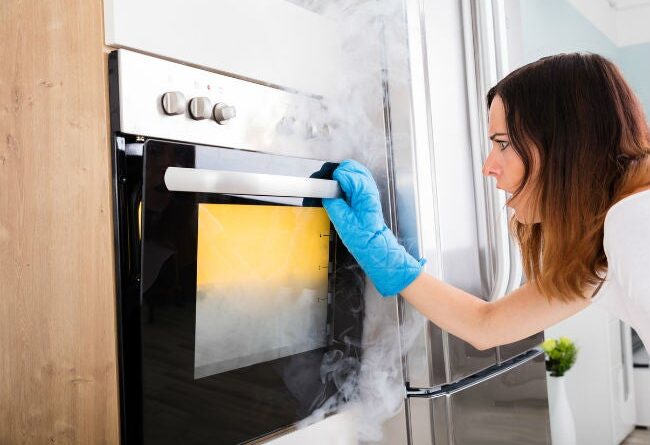
Are you tired of constantly burning your food in the oven? Frustrated with the overwhelming heat that seems to always engulf your kitchen? Well, worry no more! In this article, we will explore some simple yet effective solutions to prevent your oven from overheating and ensure that your meals are always cooked to perfection. With these tips, you’ll be able to enjoy delicious, evenly cooked food without the fear of burning it. So, let’s get started and make your oven a reliable friend in the kitchen!

Choosing the Right Cookware
When it comes to using your oven, choosing the right cookware is crucial in helping to prevent your food from burning. One important factor to consider is using oven-safe cookware. This ensures that the materials used can withstand the high temperatures of your oven without warping or releasing harmful chemicals. Additionally, it is advisable to avoid using dark or non-stick pans as they tend to absorb heat more quickly and can result in uneven cooking or burnt food. Instead, opt for light-colored pans that reflect heat and promote more even cooking.
Proper Oven Placement
Proper placement of your oven is key to preventing overheating and burnt food. First and foremost, ensure that your oven has proper ventilation. This means not placing it in an enclosed area, as it needs space for air circulation to keep it cool. Additionally, it’s important to keep your oven away from heat sources such as stovetops or direct sunlight, as this can cause it to overheat. Another tip is to avoid placing items on top of the oven, as this can block airflow and lead to overheating.

Using the Correct Temperature
Accurate temperature control is essential in preventing your oven from overheating and burning your food. To ensure that your oven is at the correct temperature, it is advisable to preheat it correctly. Give your oven ample time to reach the desired temperature before placing your food inside. Additionally, using an oven thermometer can provide you with an accurate reading and help you adjust your oven’s temperature if necessary. Lastly, avoid using high temperatures unnecessarily, as this can easily lead to burnt or overcooked food.
Proper Rack Positioning
The proper positioning of racks inside your oven plays a significant role in preventing burning and optimizing cooking results. Position your racks correctly by placing them in the middle of the oven, unless a recipe specifically requires a different position. This allows for more even heat distribution and helps to prevent the top or bottom of your food from burning. Additionally, it is important to adjust the rack position based on the cooking method you are using. For example, if you are broiling food, it is recommended to place the rack closer to the top heating element. Lastly, remember to leave space between the racks to allow for proper air circulation, which aids in cooking your food evenly.

Monitoring Cooking Time
Properly monitoring the cooking time is crucial in preventing your oven from overheating and burning your food. One simple and effective way to do this is by setting a timer. This will ensure that you are alerted when your food is done and will prevent you from forgetting about it and risking burning. It is also important to avoid leaving the oven unattended, especially when cooking at higher temperatures. Regularly checking on your food not only helps to prevent burning but also allows you to make any necessary adjustments to ensure proper cooking.
Regular Oven Maintenance
Maintaining your oven regularly is essential for optimal performance and to prevent overheating and burnt food. Cleaning your oven regularly not only improves its efficiency but also helps to prevent the build-up of grease and food particles, which can cause smoke and lead to burning smells. Additionally, it is important to check and replace any faulty heating elements, as they can cause uneven heating and lead to burning or undercooked food. Lastly, make sure that the door seal of your oven is intact to prevent heat from escaping and to maintain a consistent cooking temperature.
Avoiding Excess Moisture
Excess moisture in your oven can lead to steam, which can cause your food to become soggy or have an undesirable texture. To avoid this, consider using a baking stone, which helps to absorb excess moisture during baking. Additionally, using a roasting rack can elevate your food, allowing air to circulate and preventing it from sitting in any accumulated liquids. It is also advisable to avoid covering your food completely, as this can trap moisture and lead to undesirable results.
Avoiding Flammable Materials
When using your oven, it is important to be cautious of flammable materials that can pose a fire hazard. Keep flammable objects such as towels, paper, or plastics away from your oven to prevent them from accidentally catching fire. Avoid using plastic or paper wrappers inside the oven, as they can melt or ignite. Instead, opt for oven-safe utensils and materials that are specifically designed to withstand high temperatures. By being mindful of these precautions, you can greatly reduce the risk of fire and ensure the safety of your kitchen.
Properly Using Oven Settings
To prevent your oven from overheating and burning your food, it is crucial to understand and use the correct settings for each dish you are preparing. Start by reading the oven manual thoroughly, as it will provide valuable information on the recommended settings and functions. Familiarize yourself with the different cooking modes, such as bake, broil, and convection, and use the appropriate mode based on your recipe. Avoid using the self-clean mode frequently, as it generates extremely high temperatures that can lead to overheating and possibly damage your oven in the long run.
Seeking Professional Help
If you are experiencing persistent issues with your oven overheating and burning your food, it may be time to seek professional help. Contact the manufacturer or a professional technician who can assess your oven and provide guidance on how to resolve the issue. It is important not to attempt to fix any electrical issues yourself, as this can be dangerous and potentially cause further damage. Seek advice or guidance from professionals who have the expertise and knowledge to diagnose and repair any problems with your oven, ensuring its safe and optimal performance.


